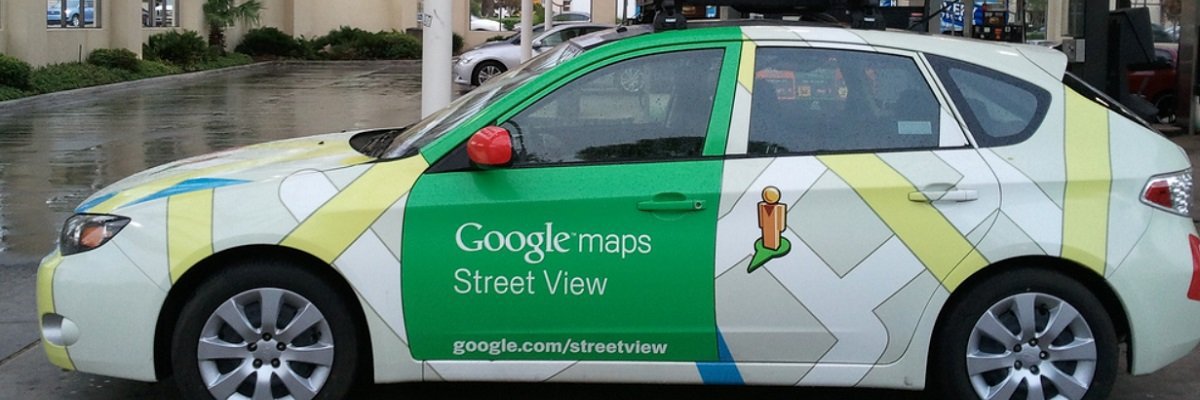The uproar regarding Google’s Wi-Fi data collection - which at one point used Street View cars to collect unencrypted wireless traffic - has left many wondering how the company escaped heavy penalties from the FCC and why the agency censored its report on the search giant’s activities.
After a 17-month investigation, the FCC determined Google’s fleet of camera cars, used to power its Street View Service, had gathered private data including browsing histories and emails. The agency also determined there was nothing illegal about the practice, which the company has since discontinued after complaints from privacy activists. But the FCC wasn’t happy with what it says was non-cooperation on Google’s part.
“Google’s failure to identify employees, produce e-mails, and provide compliant declarations were continuing violations that lasted from December 10, 2010 until cured,” the final report noted. “Accordingly, by law we may propose of a forfeiture penalty of up to $112,500 for each violation.”
Google maintains it did not violate any law in collecting data from unencrypted networks. But the company agreed in April to pay a $25,000 fine for non-cooperation (.0008 percent of Google’s last quarter’s revenue, according to Gizmodo).
A review of fine notices posted in the FCC’s database indicate a $25,000 fine is typical for impeding an FCC investigation.
What has attracted as much attention as the fine is the final report on the investigation. The version released by the FCC blacked out whole pages of key material - leading Google to release a less redacted version on its own after public outcry.
While the report provides more details about Google’s Wi-Fi data collecting, questions about why the FCC was so wary of releasing the information in the first place - and why stronger fines were not levied - remain.
MuckRock has requested email correspondence from Google employees, lawyers and Publitc Relations to the FCC regarding the Street View probe to better understand how the company obstructed the investigation - and possibly why the report was so heavily redacted. While material is being collected by the FCC, Google has the ability to protest the release of commercially sensitive data within 10 days of receiving the request.
Image via Wikimedia Commons and is licensed under CC BY-SA 1.0




